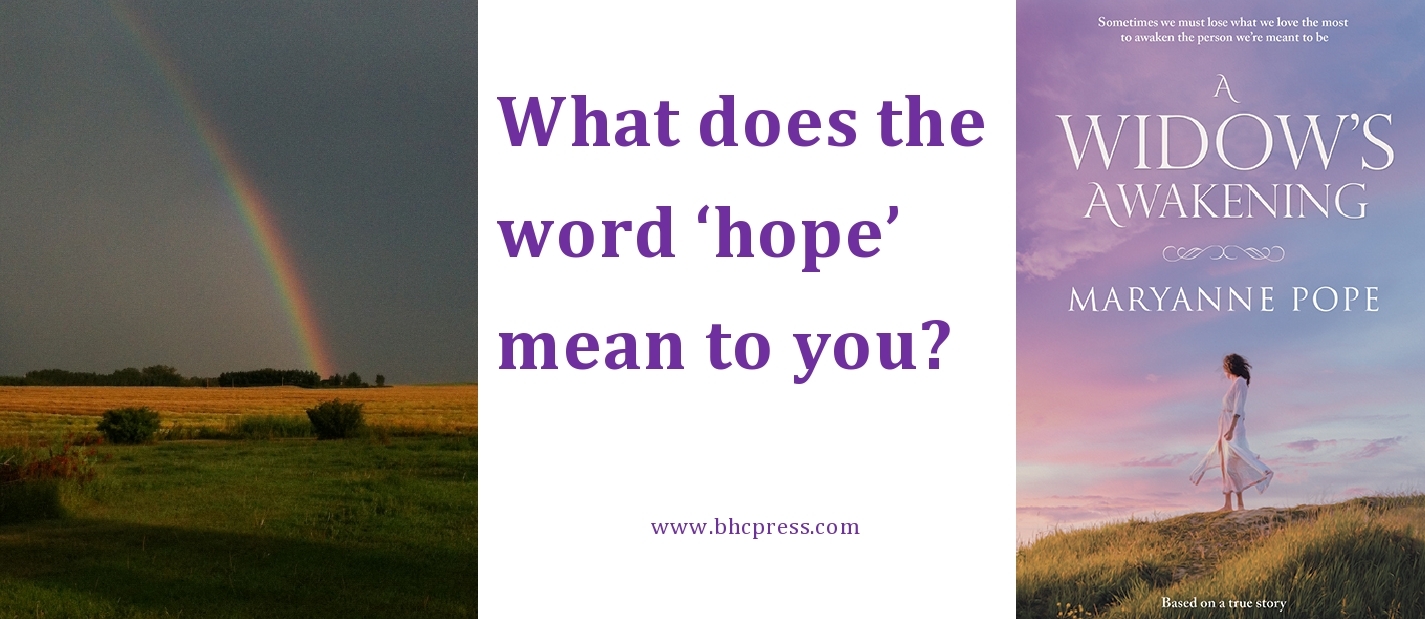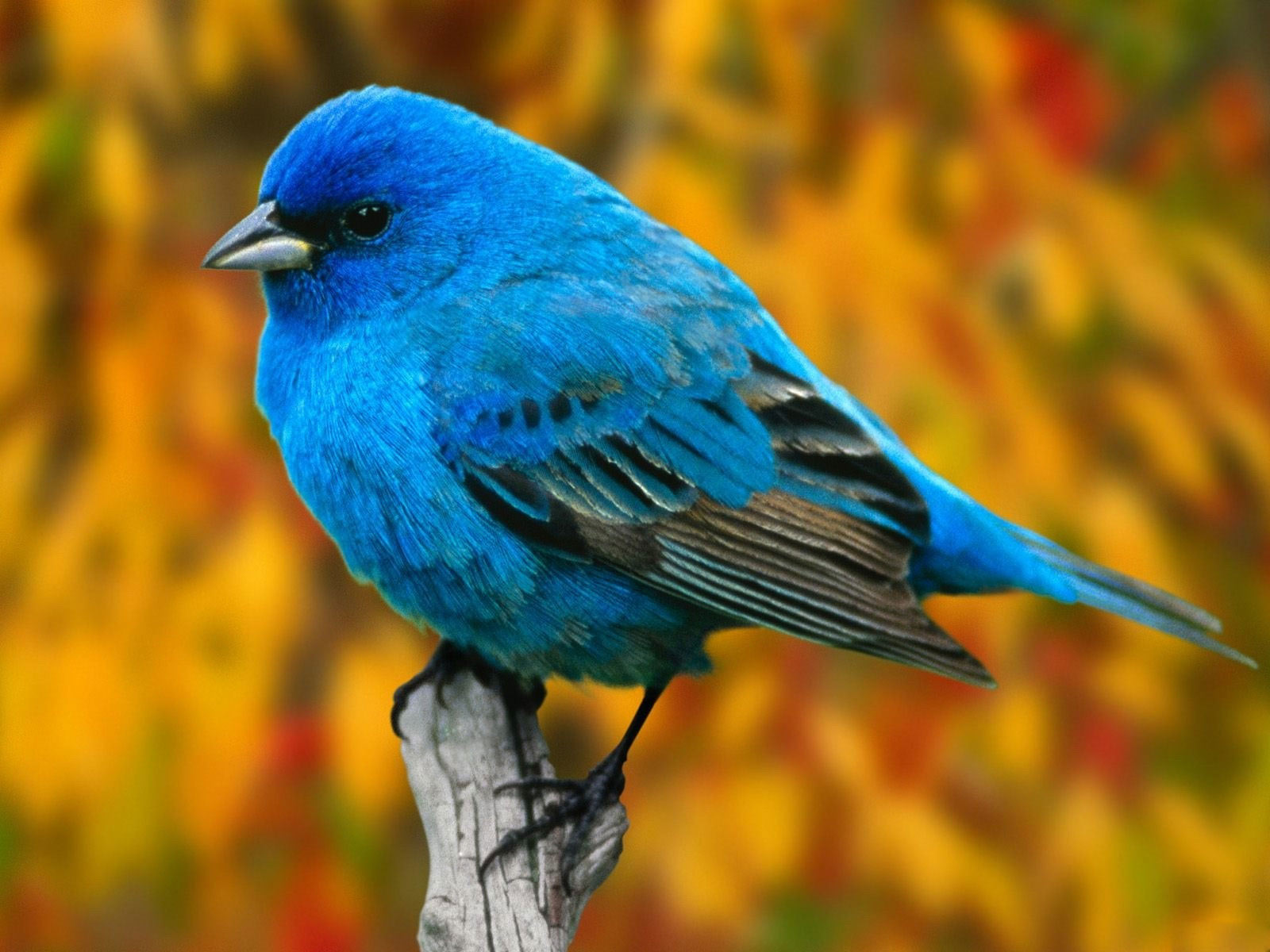Warning: This blog contains course language
The Thing with Feathers – Let’s Look at HOPE Shall We?
Hope is the thing with feathers
That perches in your soul,
And sings the tune without the words,
and never stops at all
– Emily Dickinson
What does the word “hope” mean to you?
According to Merriam-Webster dictionary, hope means “to cherish a desire with anticipation” or “to want something to happen or be true.”
In my experience, however, hope can be a double-edged sword.
When we are drowning in quicksand while dealing with the fallout of a significant loss in our lives, looking for anything to grab onto to help haul us OUT of our present situation, I think we need some sort of hope for a better future.
But I have learned that when we attach a specific outcome to our hope, we can run into trouble. Click To TweetFor if that particular outcome doesn’t manifest, not only are we disappointed, we can be downright devastated…perhaps even left with a feeling of being “cheated” out of something we feel is owed to us.
Or…perhaps our specific hope does come to fruition – but it is NOT at all what we’d expected!
I thought it might be of interest to explore several types of hope – and how a hope can change – by pulling a few examples from A Widow’s Awakening.
Hope for a miracle
In this excerpt, it is the morning on the day of John’s (“Sam”) fall and we are in the hospital. I (“Adri) have just learned from the doctor that John will soon be declared legally brain-dead. Most of the people who have come to the hospital have not yet been told:
Thankfully, the medical staff need to work on Sam so we’re taken back to the family room but I choose to stay in the larger area that’s now packed with people.
“There’s still hope for a miracle,” a well-meaning visitor whispers in my ear.
At hearing these words, I do feel a surge of hope — even though I understand the physical reality and have seen Sam with my own eyes. But you know, an old-fashioned Jesus-raising-the-dead style miracle would be lovely right about now. Maybe Sam’s brain injury can somehow be reversed. Where’s my faith?
In the same place I need to be. My stomach is so upset I’ve got to find a bathroom. I leave the waiting area but only make it as far as the hallway because I see one of Sam’s older teammates leaning against the wall. We look at each other.
“There’s still hope,” I tell him.
He takes my hand but doesn’t say anything. The pain in my stomach subsides a little so I stay here with him, which is where the social worker finds me a couple of minutes later.
“Would you like to come with me, Adri?”
No thanks. I’ll just stay right here because even though I know damn well the shittiest news of my life is coming, since I haven’t yet technically heard it, the chance still exists that all this could somehow get turned around.
But the older officer releases my hand and I know I must go.
When all hope is gone
In this excerpt, it is later that same day. I have just spent fifteen hours in the ICU, holding John’s hand, comforting him as best as I can as his body is prepared for organ removal:
Around 9:00 p.m., my eldest brother, Ed, arrives from Northern Ontario. Since he’s missed the family meeting, he isn’t as up to par on Sam’s medical condition as the rest of us. He asks a nurse — not one of Sam’s regular ones — if they’re absolutely sure there’s no hope left.
She glances at her clipboard then back at Ed. “Well, I personally haven’t read his entire chart but it says right here that his gray and white matter have mixed — so no, there’s no hope.”
When she sees the expression on my face, she back-peddles. “I’m not telling you anything you don’t already know, am I?”
“Oh no, no,” I reply, waving my hand.
I understand Sam’s head hit the concrete hard enough to kill him but until now, it hadn’t registered that his brain is a goddamn tossed salad.
When hope begins to shift
This is what happens next in the ICU:
Then the organ transplant coordinator comes in. ‘Oh fuck,’ I think, ‘now what body part do you want?’
But she hands me a teddy bear. I read his nametag: Hope.
“I just thought you might need someone to hug,” she says.
I throw my arms around her.
Hope with no strings attached
In this excerpt, it is the day after John’s death and I am having a conversation with the police chaplain:
“Can I ask you a personal question?” the chaplain begins.
“Uh huh.”
“What are you thinking about Sam right now?”
Hmmm . . . let’s see. Well, wherever he is at the moment, he’s one pissed off Greek. And I’m pretty sure he was in the hospital bathroom with me yesterday because if there’s one place on the planet where Sam’s soul would be sorting things out, it would be a toilet. I know he felt me kiss him in the ICU and managed to hold my hand, brain-dead and all. He’s very concerned that I’ll let my mother control my life now that he’s not here to be the buffer. I suspect the squirrel at the birdbell was some sort of sign. And I think Tom falling and hitting his head the day after Sam fell and hit his head is significant, as is the fact that one of the happiest days of my life and the absolute worst happened exactly one week apart.
I shrug. “Stuff.”
“What does the word hope mean to you?” he asks.
“I dunno. I guess just that one day things will get better.”
Hope for falling in love again
In this passage, three months have passed since John’s death and I am telling my Dad about the romantic feelings I have towards John’s Sergeant (“Tom”).
Over dinner at my place, I run the Tom possibility by my father. Not only is my dad the least romantic person I know, he’ll be sure to give me a brutally honest and rational assessment of the situation.
“I see,” he says, after I tell him the details.
“And?”
“First of all, it’s logical why you would fall for him. Secondly, knowing his character, if he decided that he could pursue a relationship with you, and I’m not saying he will, but if he did, then I can tell you right now you’ll be waiting quite awhile.”
“Oh.”
“He was Sam’s friend and boss.”
I sigh.
“Besides,” the realist adds, “doesn’t he have a girlfriend?”
I nod.
My dad laughs. “That might be a bit of a problem.”
I shrug.
“Whatever you do,” he advises, “don’t fall in love with love. On the other hand, you don’t want to be on your own too long because then you’ll get stuck in your ways.”
“But thinking about Tom gives me hope,” I say.
Then I walk over to the dining room wall, where I’ve hung the framed first stanza of an Emily Dickinson poem. I point it out to my dad.
Hope is the thing with feathers
That perches in your soul,
And sings the tune without the words,
and never stops at all
He reads it then looks at me. “But your tune has a word.”
What is it we are really hoping for?
In this passage, over six months have passed since John’s death. I am still holding out hope for a future romance with “Tom”:
After the detective leaves, I call Tom to debrief. He tells me he’s off to Mexico tomorrow with his girlfriend.
“Oh,” I say snottily. “And are you looking forward to your trip?”
“Of course.”
“Well have fun.”
“Thanks.”
I don’t say anything.
“Are you OK?” he asks.
“Not particularly.”
“Adri…”
“Have a great vacation,” I say, then hang up.
Then I walk into the dining room and re-read Emily Dickinson’s poem. My dad’s right: I’m hinging my hope for happiness on an expected outcome with a specific person. Not only do I want Tom to help me deal with the issue that led to Sam’s death, I want him to drop his girlfriend and rescue me from widowhood.
“Come on guys,” I say to Sasha and Sven, “let’s go for our walk.”
Learning to let go of a specific hope
This is what happened next:
At the dog-park, I sit down on a rock and look out over the river. “Well Sam, I promised you I’d stick it out for seven months. Now here we are.”
I remove my wedding and engagement rings from my left hand and place them on my right. My marriage to Sam is over. As much as I don’t want to let go of the past until I know what the future holds, I’m learning life just doesn’t work that way.
What hope means to me now
Well, the “one day” I told the Police Chaplain about the day after John’s death, is here…it’s today. In fact, it’s been “one day” for many years now. Things are better and they have been for a very long time.
I love my life and have learned to embrace the challenges and lessons – because that’s where the greatest growth comes from. But I really try not to stay stuck for too long when the time has come to move on.
These days, I tend to “hope” less and focus instead on visualizing what I sense needs to come next and then taking concrete action towards achieving that outcome…and if I’m off track – or on track – the universe always let me know.
As for my hope for a romantic relationship with “Tom?” Well, I wish I could say I was able to let go of that hope a mere seven months after John’s death. But that would be a lie. It took me more than a decade to let that hope go.
For sometimes the thing with feathers also has talons. Click To TweetAnd that’s okay…because what we learn about ourselves in the process of letting go of a specific hope is worth the disappointment.
Maryanne Pope is the author of A Widow’s Awakening, the playwright of Saviour and the screenwriter of God’s Country. Maryanne is CEO of Pink Gazelle Productions and Chair of the John Petropoulos Memorial Fund. If you would like to receive her regular weekly blog, please sign up here.





2 thoughts on “The Thing with Feathers – HOPE”
Thank you, Maryanne. Wonderful piece and so important. I am saddened when grievers think they know what grief is and can control how long it will take and where the trip will lead. My life circumstances and past training allowed me to be with not knowing, painful as it was. I’m grateful I had those years. All the while I was writing my sorrow because I always write. I didn’t know I had begun a book.
Hi Elaine! I am glad this article about hope resonated with you. And isn’t it amazing that what you were writing, to get the sorrow on the page, turned out
to be the beginning of a book. You are so right about not knowing where the trip will lead…the journey is certainly full of lessons, isn’t it?!
Take care and see you on Twitter 🙂
Maryanne